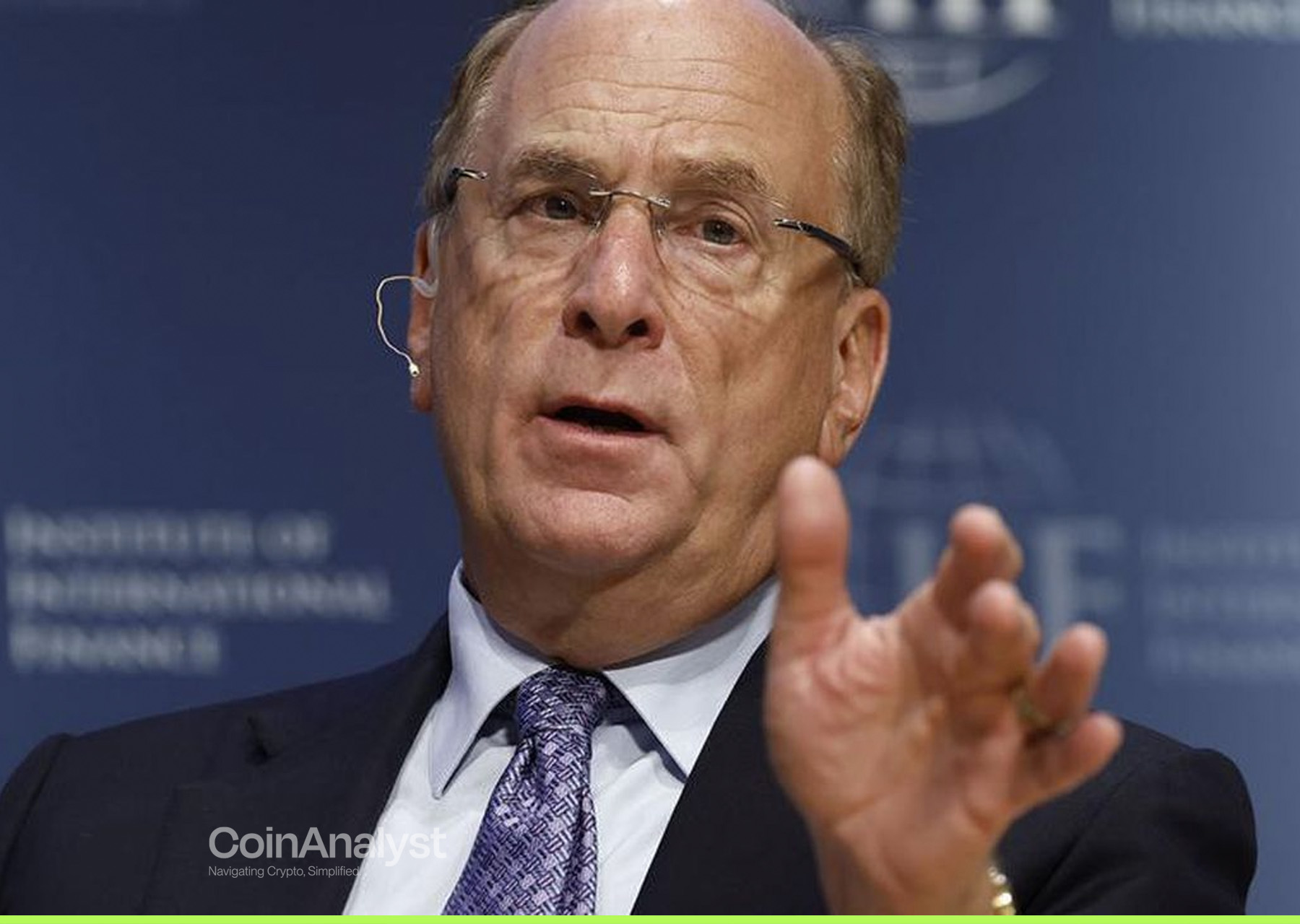Amidst the mounting tensions surrounding Bitcoin ETFs, the U.S. Securities and Exchange Commission (SEC) has issued a warning about the risks of succumbing to the “fear of missing out” (FOMO). As the financial world eagerly anticipates the SEC’s decision on Bitcoin spot ETFs, the regulatory body has taken a stand against the FOMO mentality, urging investors to make informed decisions based on their personal goals and investment strategies.
The SEC’s Stance on Bitcoin ETFs and Investor Caution
In the first few weeks of 2024, the financial markets have been abuzz with speculation about the SEC’s pending approval of Bitcoin spot ETFs. This has raised questions about Bitcoin’s original status as a currency, though this debate seems to have taken a back seat. Gary Gensler, the SEC Chairman, has been criticized for appearing more like a politician than a regulator, while major financial players are poised to inject substantial funds into the evolving Bitcoin paradigm.
BlackRock, a prominent player in the finance sector, has scheduled a decision for the upcoming Wednesday, heightening investor anticipation. Amidst this speculative frenzy, the SEC has revived its “NO GO to FOMO” initiative, emphasizing the importance of individual investment suitability over following market trends.
The SEC’s FOMO Umbrella
On January 6, the SEC officially addressed the issue of FOMO in a statement on its official X account. The current risk in the cryptocurrency sector is that investors might fall for the fear of missing out on a historic opportunity. This is particularly pertinent as the anticipated approval of Bitcoin spot ETFs is believed to already be factored into Bitcoin’s current price.
The SEC’s Office of Investor Education has issued a warning to individual investors about the risks associated with such behavior. The warning specifically targets the growing interest in online investing and the surge in crypto-assets, as well as “meme stocks,” whose popularity is artificially boosted by internet trends.
In the realm of cryptocurrencies, the SEC has focused on Initial Coin Offerings (ICOs), popular in 2017, and NFTs, which represent digital ownership of assets like artwork, sports memorabilia, photos, etc. The SEC advises against making investment decisions based solely on endorsements by favorite athletes, artists, or social media influencers.
Notably, the SEC’s recommendations do not directly mention Bitcoin, arguably the cryptocurrency that embodies a significant portion of potential FOMO risks. However, its integration into traditional finance may allow it to evade such scrutiny. The unfolding developments in this saga are to be closely watched.






